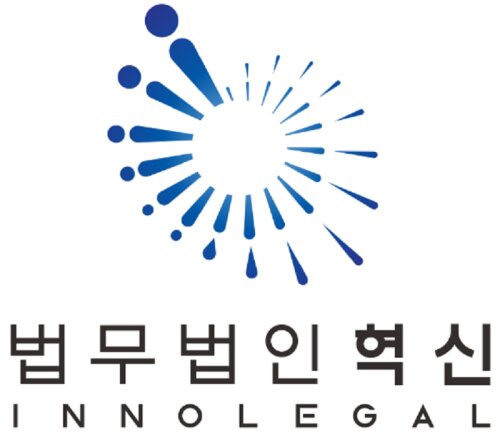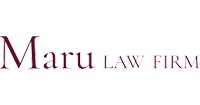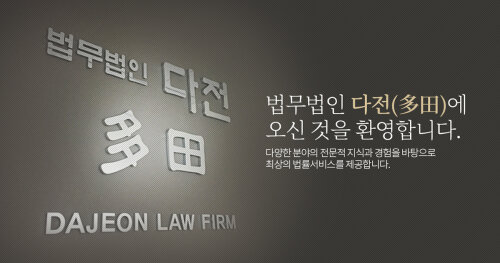Best Landlord & Tenant Lawyers in Seoul
Share your needs with us, get contacted by law firms.
Free. Takes 2 min.
Free Guide to Hiring a Real Estate Lawyer
List of the best lawyers in Seoul, South Korea
About Landlord & Tenant Law in Seoul, South Korea:
Landlord & Tenant law in Seoul, South Korea governs the rights and responsibilities of landlords and tenants in rental properties. These laws outline the duties of both parties, including rent payments, property maintenance, and dispute resolution processes.
Why You May Need a Lawyer:
You may need a lawyer for various reasons related to Landlord & Tenant issues, such as lease agreements, eviction proceedings, security deposit disputes, rental property damage, and other legal matters that may arise between landlords and tenants.
Local Laws Overview:
In Seoul, South Korea, landlords are required to provide tenants with a written lease agreement outlining the terms and conditions of the rental. Security deposits are common practice and are usually equivalent to one to three months' rent. Landlords must also follow specific procedures when evicting a tenant, and tenants have rights to privacy and habitability standards.
Frequently Asked Questions:
1. Can a landlord increase rent without notice?
No, landlords must provide at least 90 days' notice before increasing rent in Seoul, South Korea.
2. What are the rights of tenants regarding property maintenance?
Tenants have the right to live in a habitable property, and landlords are responsible for maintaining the premises in a safe and sanitary condition.
3. How can I terminate a lease agreement early?
Terminating a lease agreement early may require negotiation with the landlord or legal assistance to ensure the process is completed properly.
4. Can a landlord enter the rental property without permission?
Landlords must provide at least 24 hours' notice before entering a rental property, except in cases of emergency.
5. How are security deposits handled in Seoul?
Security deposits are typically refundable and must be returned to the tenant within 15 days of the end of the lease, minus any deductions for damages or unpaid rent.
6. What are the regulations for eviction in Seoul?
Landlords must follow specific legal procedures when evicting a tenant, including providing written notice and obtaining a court order if the tenant refuses to vacate the property.
7. Can tenants sublease the rental property?
Tenants may sublease the rental property with the landlord's permission, as long as it does not violate the terms of the lease agreement.
8. What are the rules regarding rent payments in Seoul?
Rent payments are typically due on a monthly basis, and late payments may incur penalties as outlined in the lease agreement.
9. Can a tenant make improvements to the rental property?
Tenants must obtain permission from the landlord before making any improvements to the rental property, and they may be required to return the property to its original condition upon moving out.
10. How can I resolve a dispute with my landlord or tenant?
Disputes between landlords and tenants can often be resolved through negotiation or mediation. If an agreement cannot be reached, legal action may be necessary to resolve the issue.
Additional Resources:
For more information on Landlord & Tenant laws in Seoul, South Korea, you can contact the Seoul Metropolitan Government or seek guidance from the Korea Real Estate Board.
Next Steps:
If you require legal assistance with Landlord & Tenant issues in Seoul, South Korea, it is advisable to consult with a qualified lawyer who specializes in real estate law. They can provide you with expert advice and represent your interests in any legal proceedings related to Landlord & Tenant disputes.
Lawzana helps you find the best lawyers and law firms in Seoul through a curated and pre-screened list of qualified legal professionals. Our platform offers rankings and detailed profiles of attorneys and law firms, allowing you to compare based on practice areas, including Landlord & Tenant, experience, and client feedback.
Each profile includes a description of the firm's areas of practice, client reviews, team members and partners, year of establishment, spoken languages, office locations, contact information, social media presence, and any published articles or resources. Most firms on our platform speak English and are experienced in both local and international legal matters.
Get a quote from top-rated law firms in Seoul, South Korea — quickly, securely, and without unnecessary hassle.
Disclaimer:
The information provided on this page is for general informational purposes only and does not constitute legal advice. While we strive to ensure the accuracy and relevance of the content, legal information may change over time, and interpretations of the law can vary. You should always consult with a qualified legal professional for advice specific to your situation.
We disclaim all liability for actions taken or not taken based on the content of this page. If you believe any information is incorrect or outdated, please contact us, and we will review and update it where appropriate.
















